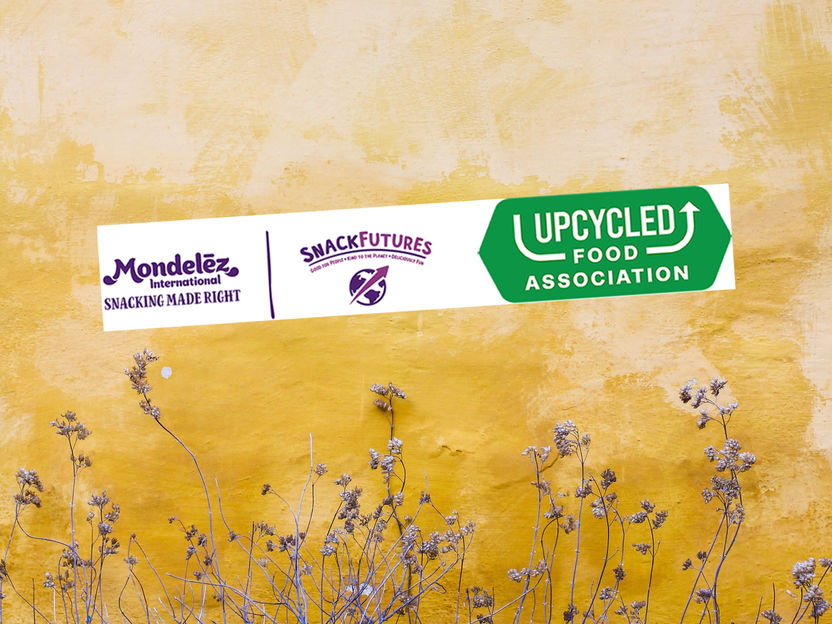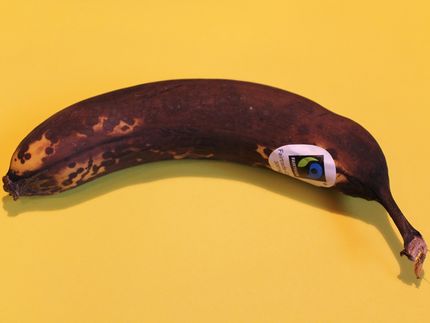Mondelēz International SnackFutures Joins Upcycled Food Association
Planet-friendly snacks are a priority for SnackFutures, the innovation and venture hub for Mondelēz International
Advertisement
SnackFutures, the Mondelēz International, Inc. (Nasdaq: MDLZ) innovation and venture hub, today announced its membership to the Upcycled Food Association (UFA), a non-profit organization dedicated to preventing food waste by growing the upcycled economy.
SnackFutures was created in 2018 as a growth driver for Mondelēz International with a focus on well-being snacks around the world. The group has made planet-first innovation a key pillar of its portfolio strategy with a mission is to create well-being snacks that are good for people, kind to the planet and deliciously fun.
Illustrating this commitment, the first two brands developed and launched by SnackFutures are made from produce that would otherwise be wasted:

unsplash | Mondelēz
- CaPao rescues and reimagines parts of the cacaofruit that would otherwise go to waste and turns them into plant-based wondersnacks to fuel the wellbeing of people and the planet. Previously, the cacaofruit was simply being thrown away once the cocoa beans were extracted from the fruit to create chocolate.
- Dirt Kitchen Snacks are snackably delicious veggies made from real, recognizable vegetables that come in both an Air Dried Veggies + Nuts mix, as well as Air Dried Veggie Crisps, made from produce that would normally become on-farm waste due to surplus, ripeness or bruising.
“There is nothing but upside to using upcycled ingredients,” said Brigette Wolf, Global Head of SnackFutures, Mondelēz International. “By creating brands built on the promise of reducing food waste, we provide a growing generation of ‘ethical consumers’ a snackable way to act on their convictions, do right by the planet and build our relevance, reputation and revenue streams as a snack leader.”
The innovation and venture hub also recently launched CoLab, a start-up engagement program for US-based early-stage well-being snack brands. The program is designed to support, grow, and potentially invest in brands in the well-being space.
UFA CEO and co-founder Turner Wyatt says food industry leaders like SnackFutures that have the expertise in consumer behavior, communicating complex topics and marketing well-being, can be a major force in driving attention and action around the food waste prevention movement.
“Upcycled is still a very new term, and without proper context it can be a bit confusing,” says Wyatt. “That’s why I love that SnackFutures is able to ‘consumerize’ upcycling through snacking, and create a simple, actionable way for consumers to make an impact.”
The UFA worked with a task force of food industry players, academic researchers from universities such as Harvard, Drexel and non-profits including ReFed, the World Wildlife Fund and Natural Resources Defense Council to establish the first single definition of upcycled foods as “those made with ingredients that otherwise would not have gone to human consumption, are procured and produced using verifiable supply chains, and have a positive impact on the environment.” The Upcycled Certification Program, which allows brands and businesses to apply for a third-party certification of ingredients and products, launches later this year.


































































